
The World’s Deadliest Food Kills 200 People Every Year — Yet 500 Million Still Eat It
Every year, over 200 people die from consuming what is known as the “world’s deadliest food,” yet nearly 500 million people still eat it.
There are many foods that could fill you up quickly, but you wouldn’t find them on your dinner plate every night. So, what is the food that’s both deadly and widely consumed around the globe?
Cassava, a plant and a staple food for many, plays an important role in the diets of millions of people worldwide. Each year, it is consumed by over 500 million people, and hundreds of millions of tons of cassava are grown around the world.

Originating in South America, cassava is both a plant and a well-known food, but it also comes with significant risks. The plant’s stems, peel, and leaves are toxic and can produce hydrogen cyanide, making it potentially fatal if consumed improperly.
The World Health Organization (WHO) reports that around 200 people die annually from eating improperly prepared cassava. This is why it has earned the grim title of the “world’s deadliest food.”
The WHO explains: “Cassava tubers contain varying amounts of cyanogenic glucosides that serve as a defense against animals and insects. When these glucosides are not processed correctly, cassava can release cyanide, leading to high dietary cyanide exposure.”
Such dangerous exposure is especially prevalent during times of famine and war. Cyanide poisoning from cassava is linked to several severe diseases, including konzo.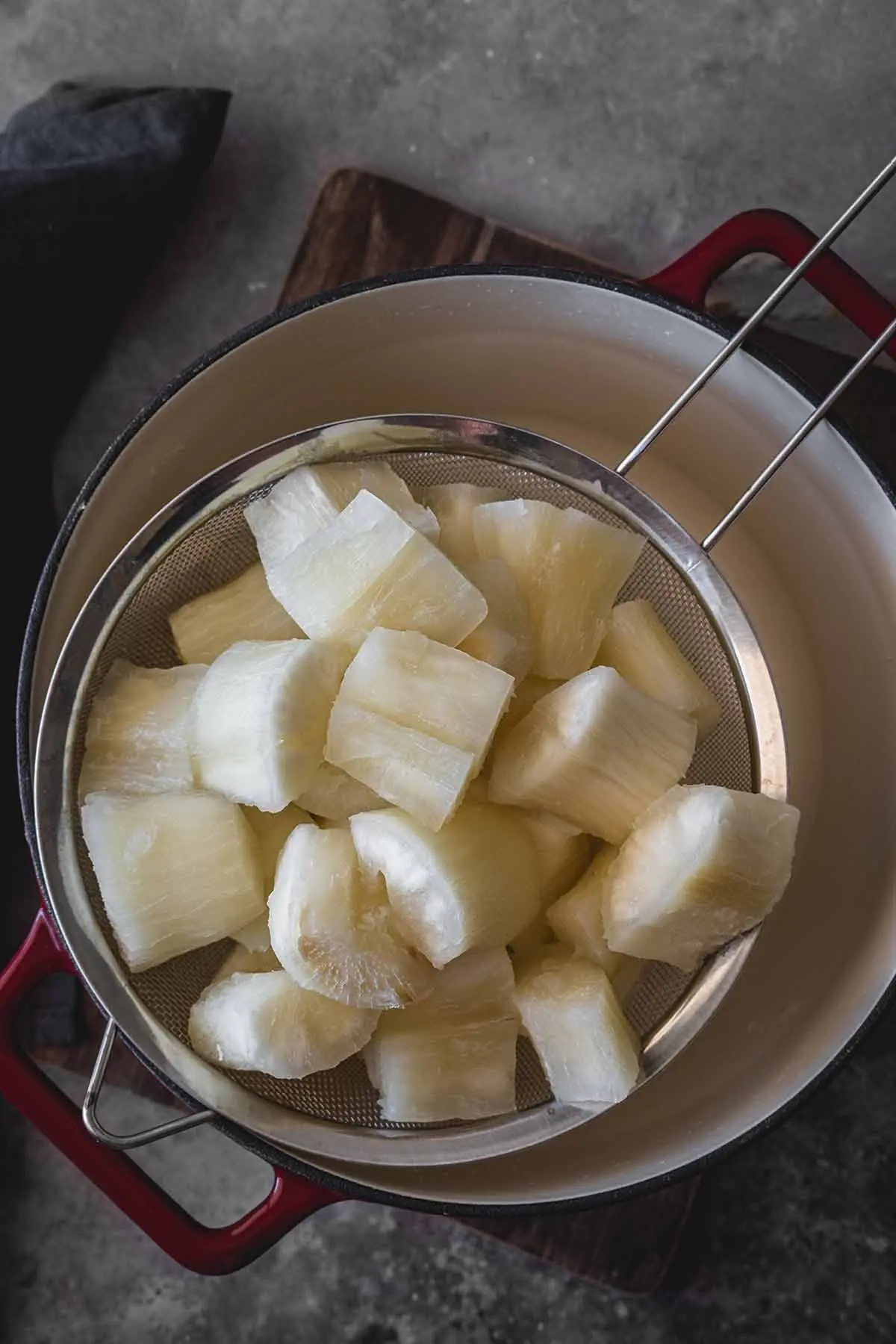
Konzo is a debilitating, irreversible condition marked by sudden paralysis in the legs, which is often a result of consuming bitter cassava, particularly when combined with a low-protein diet. This condition is most commonly found in regions suffering from extreme poverty, where it can occur sporadically or in epidemics.
Despite its deadly reputation, millions of people continue to eat cassava every day without issue. This raises the important question: how can you make sure that cassava is safe to eat?
The key lies in proper preparation. Ensuring cassava is safe involves a lengthy process, including soaking the plant for up to 24 hours to remove harmful toxins.
In Venezuela, for example, people were consuming cassava in its dangerous form because they relied on salty foods to survive during times of food scarcity, as reported by El País.
While cassava remains a critical food source for many, understanding and practicing safe preparation methods can make it a nourishing and safe part of the diet. As awareness spreads about the risks associated with cassava, the methods for properly processing it are becoming more widely practiced, reducing the dangers of poisoning.
News in the same category


Parasite Cleanses: Do They Really Improve Your Gut Health — and Are They Safe?

8 Teas to Drink for a Healthier Body and Mind
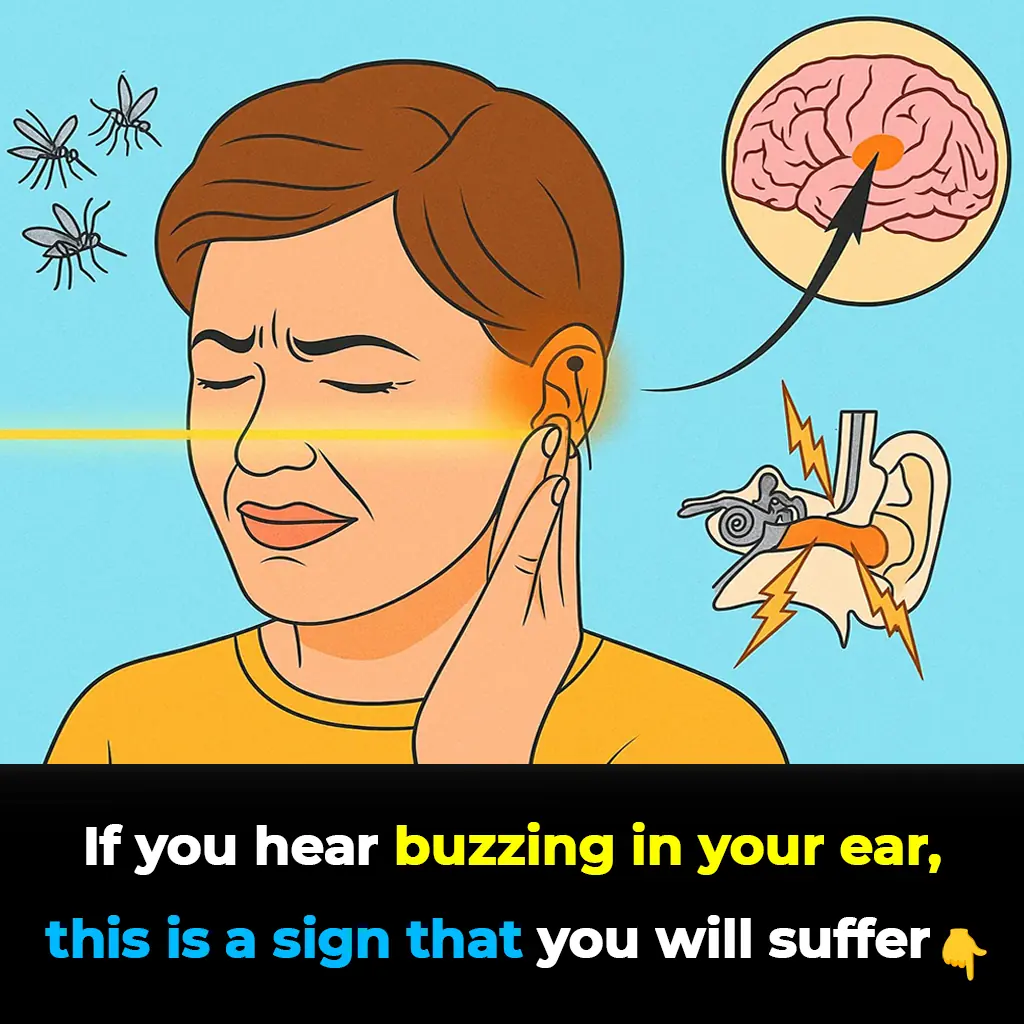
The Hidden Truth About Tinnitus: Why That Ringing in Your Ears Shouldn’t Be Ignored
Over time, repeated noise trauma damages tiny hair cells inside the cochlea, which cannot regenerate, resulting in permanent hearing changes and tinnitus.
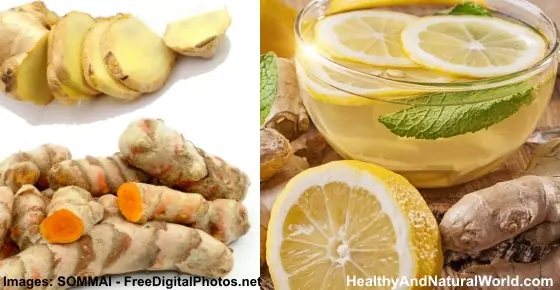
DIY Turmeric & Ginger Shots to Fight Inflammation, Boost Immunity & Soothe Your Gut

Coconut water: Is It Good for You, Nutrition, Benefits, Side Effects (Science Based)

Clean Arteries: 10 Foods to Eat Daily
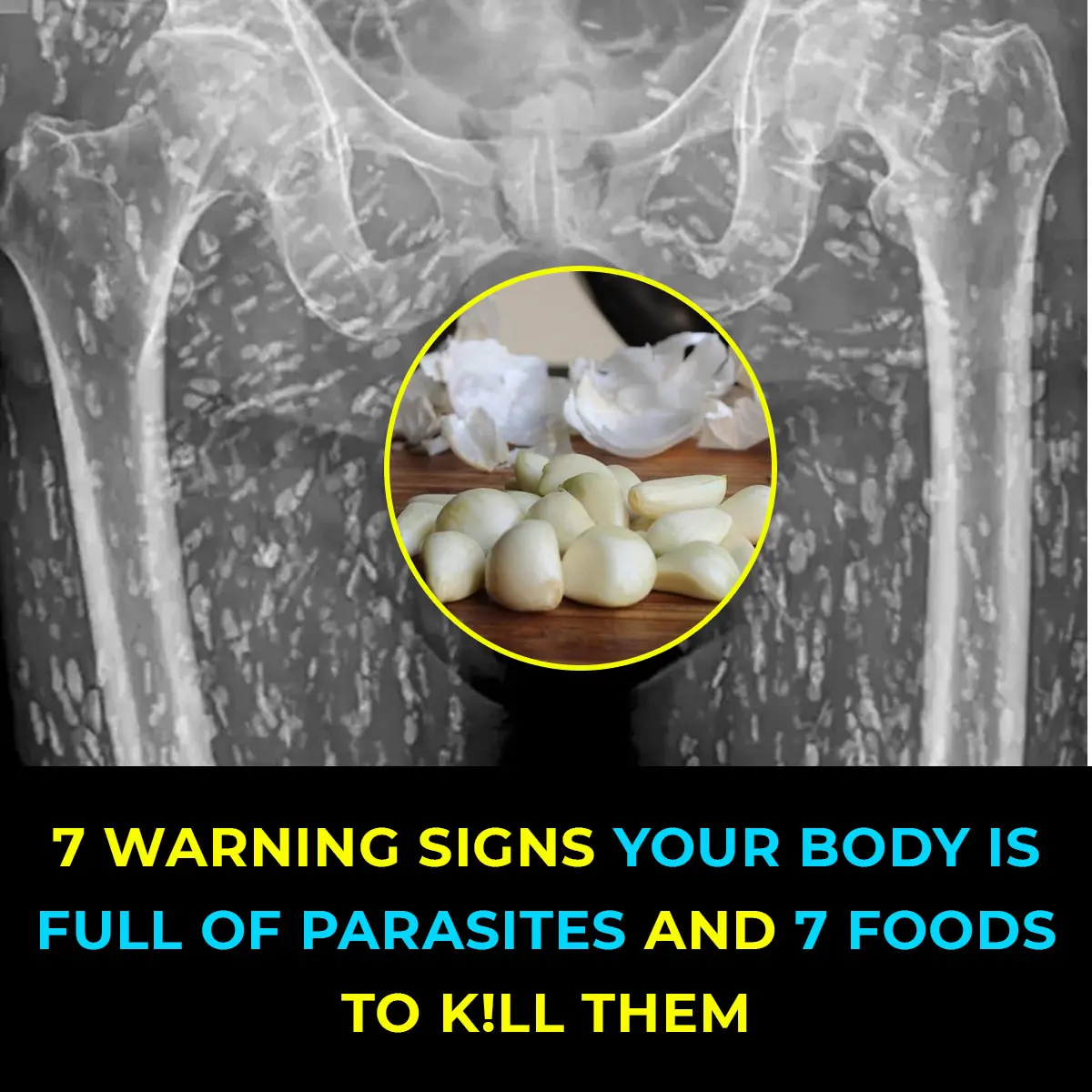
10 Warning Signs of Parasites in Your Body

Diet and Uric Acid: Foods to Avoid for Gout Prevention
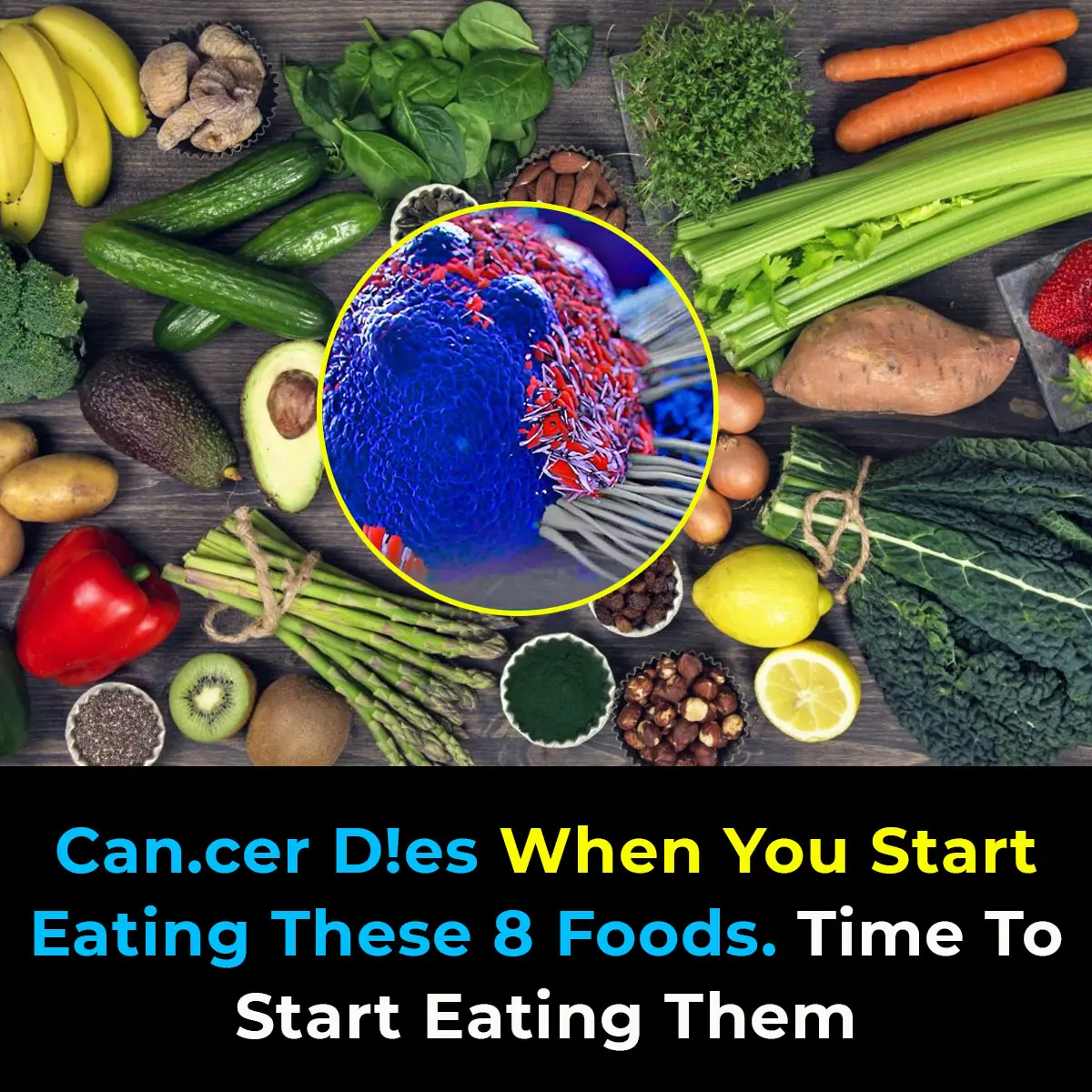
8 Foods That Help Eliminate Cancer Cells
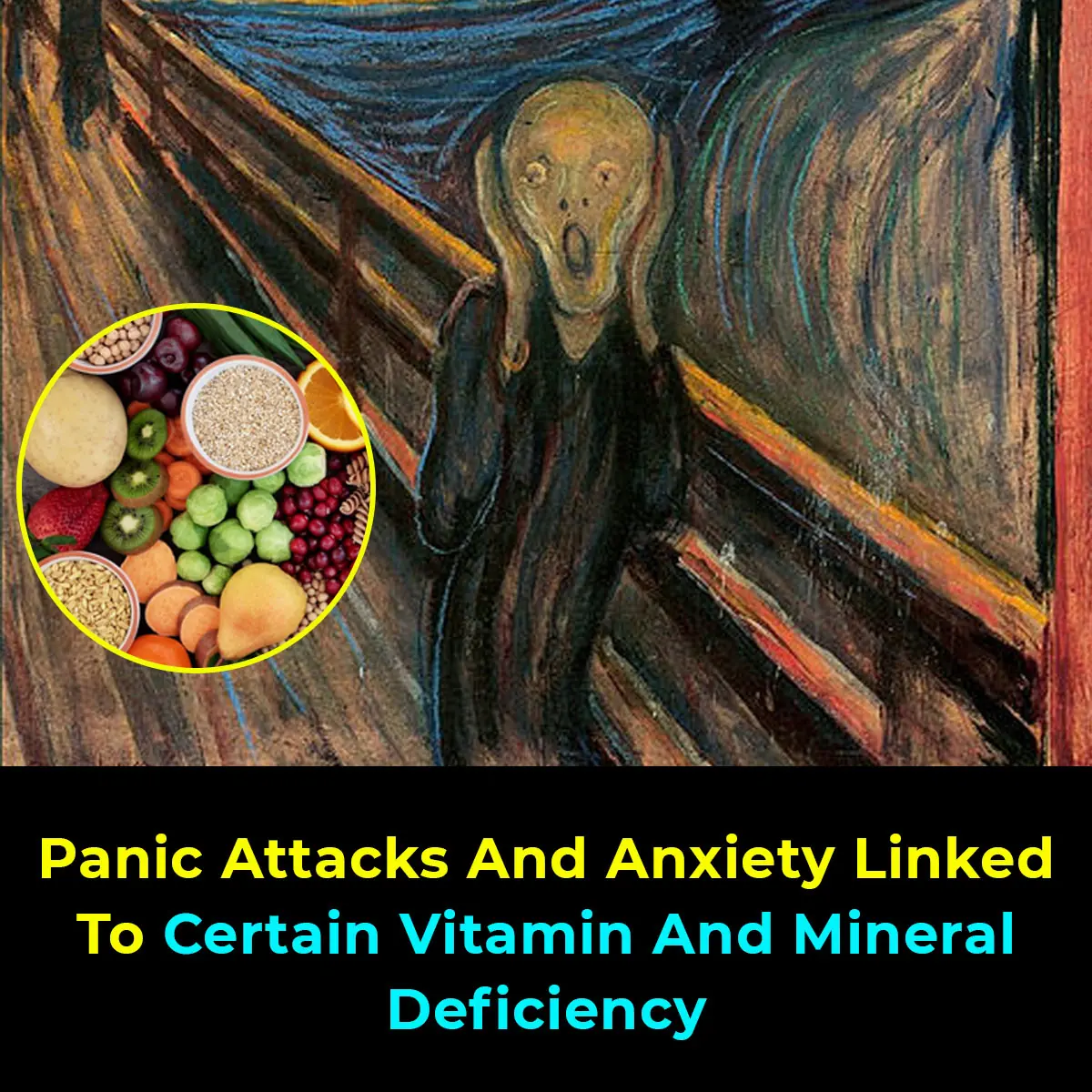
The Deficiency of These Vitamins Contributes to Panic Attacks

25-Year-Old Groom Dies from Acute Liver Failure After Eating Chicken – Doctors Warn of One Critical Danger!
Doctors caution people with pre-existing liver conditions, weakened immune systems, or chronic illnesses to exercise extra care when handling poultry and other high-risk.
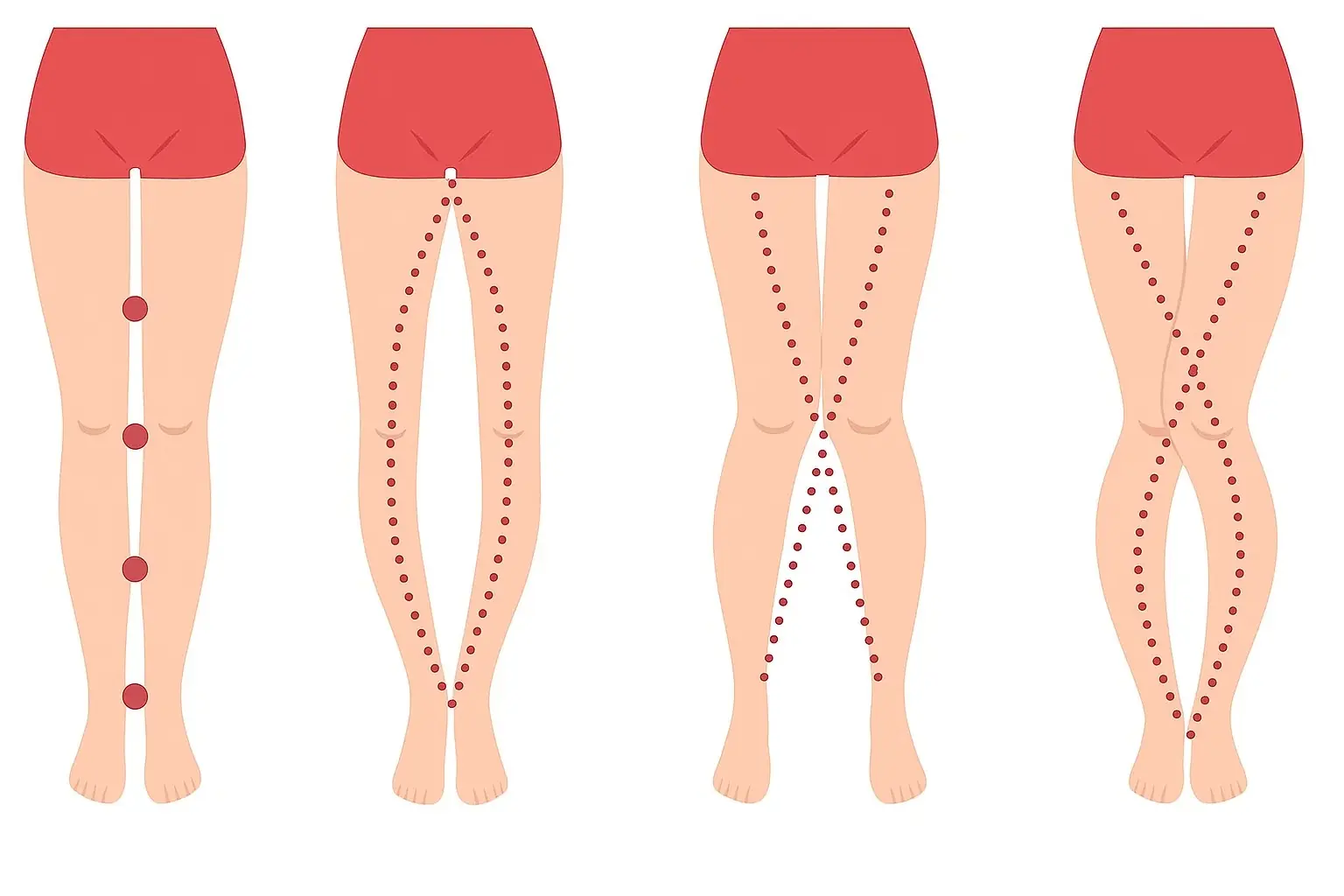
What Your Legs Can’t Say, Your Vagina Can — The Truth About the Female Body Most People Don’t Know
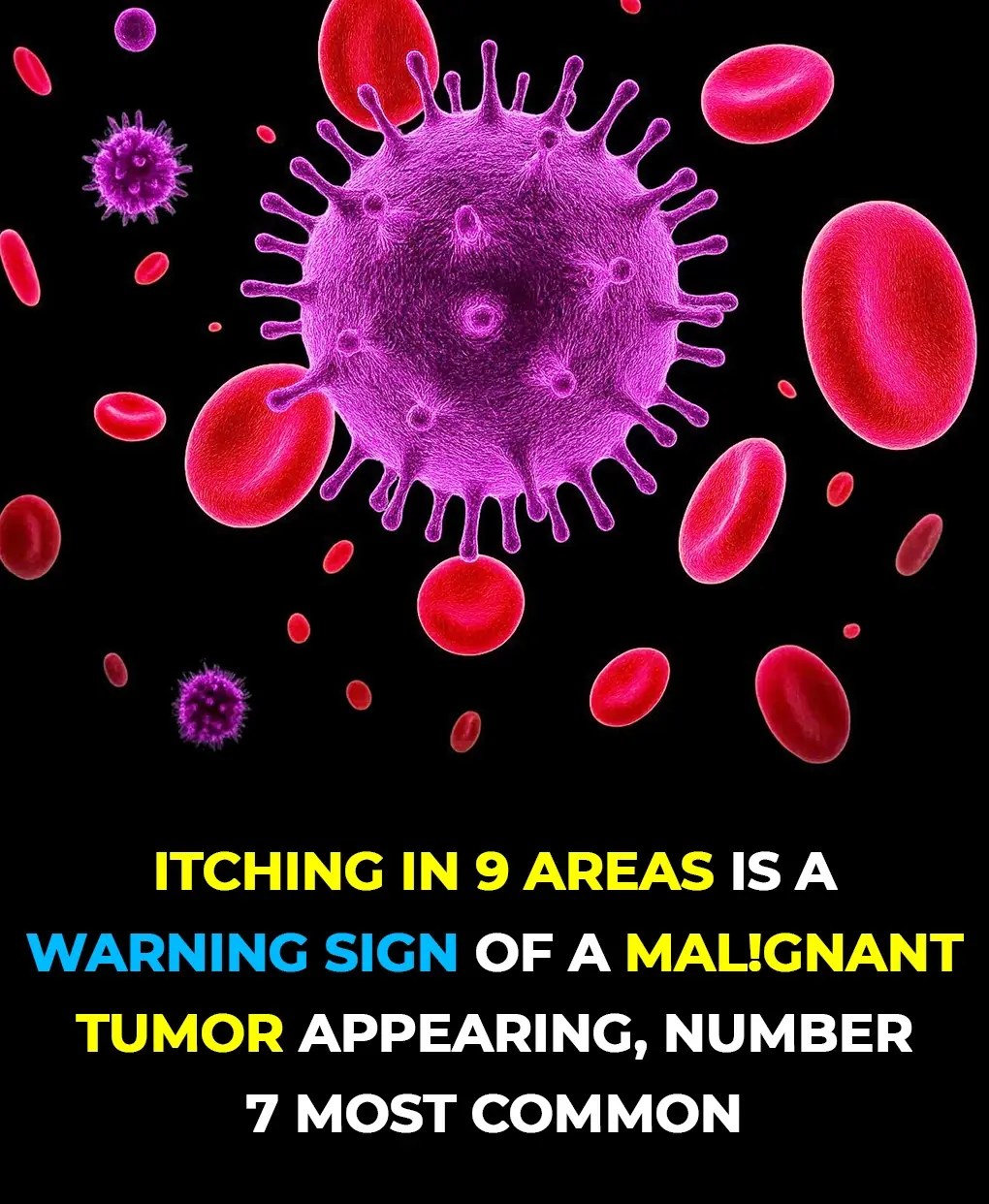
9 Areas Where Itching Could Signal Malignant Tumors — #7 Happens Most Often

Everything You Need to Know About Nighttime Urination And When To Start Worrying

Doctor Warns on TikTok: The Hidden Dangers of Kissing the Dying

Boosting Fertility: The Surprising Power of Lifestyle on Semen Quality and Reproductive Health
In many cases, the most effective solutions are already within reach—on your plate, in your daily habits, and in the way you manage your mental well-being.

3 Dangerous Habits of Husbands That Secretly Put Their Wives at Higher Risk of Cervical Cancer
Cervical cancer doesn’t just come from genetics or lifestyle — sometimes, it’s fueled by a husband’s hidden habits. These three common behaviors may seem harmless, but they silently put wives at serious risk if not stopped in time.
News Post

7 Warning Signs You May Have Uterine Fibroids

Parasite Cleanses: Do They Really Improve Your Gut Health — and Are They Safe?

8 Teas to Drink for a Healthier Body and Mind

The Hidden Truth About Tinnitus: Why That Ringing in Your Ears Shouldn’t Be Ignored
Over time, repeated noise trauma damages tiny hair cells inside the cochlea, which cannot regenerate, resulting in permanent hearing changes and tinnitus.

DIY Turmeric & Ginger Shots to Fight Inflammation, Boost Immunity & Soothe Your Gut

Coconut water: Is It Good for You, Nutrition, Benefits, Side Effects (Science Based)

Clean Arteries: 10 Foods to Eat Daily

10 Warning Signs of Parasites in Your Body

Diet and Uric Acid: Foods to Avoid for Gout Prevention

Hiker Encounters Massive Snake Camouflaged Along South Carolina Creek

8 Foods That Help Eliminate Cancer Cells

David Quammen, the COVID Predictor Warns of New Pandemic Threats
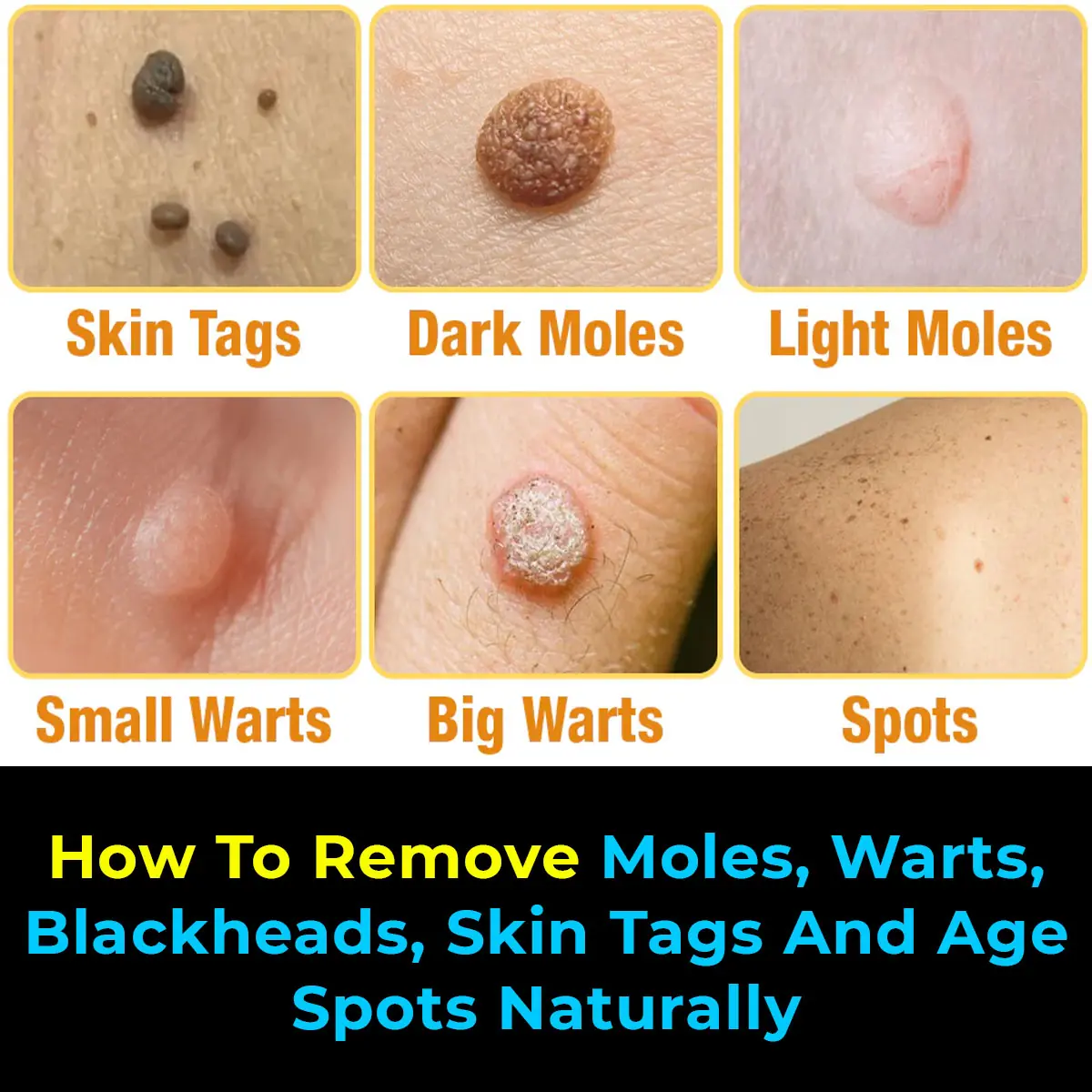
Natural Remedies to Address Skin Tags, Warts, and Blackheads

Tips for Selecting Fresh Pork at the Market

The Deficiency of These Vitamins Contributes to Panic Attacks

Researchers Find Higher Intelligence Is Correlated With Left-Wing Beliefs and Seems to Be Genetic
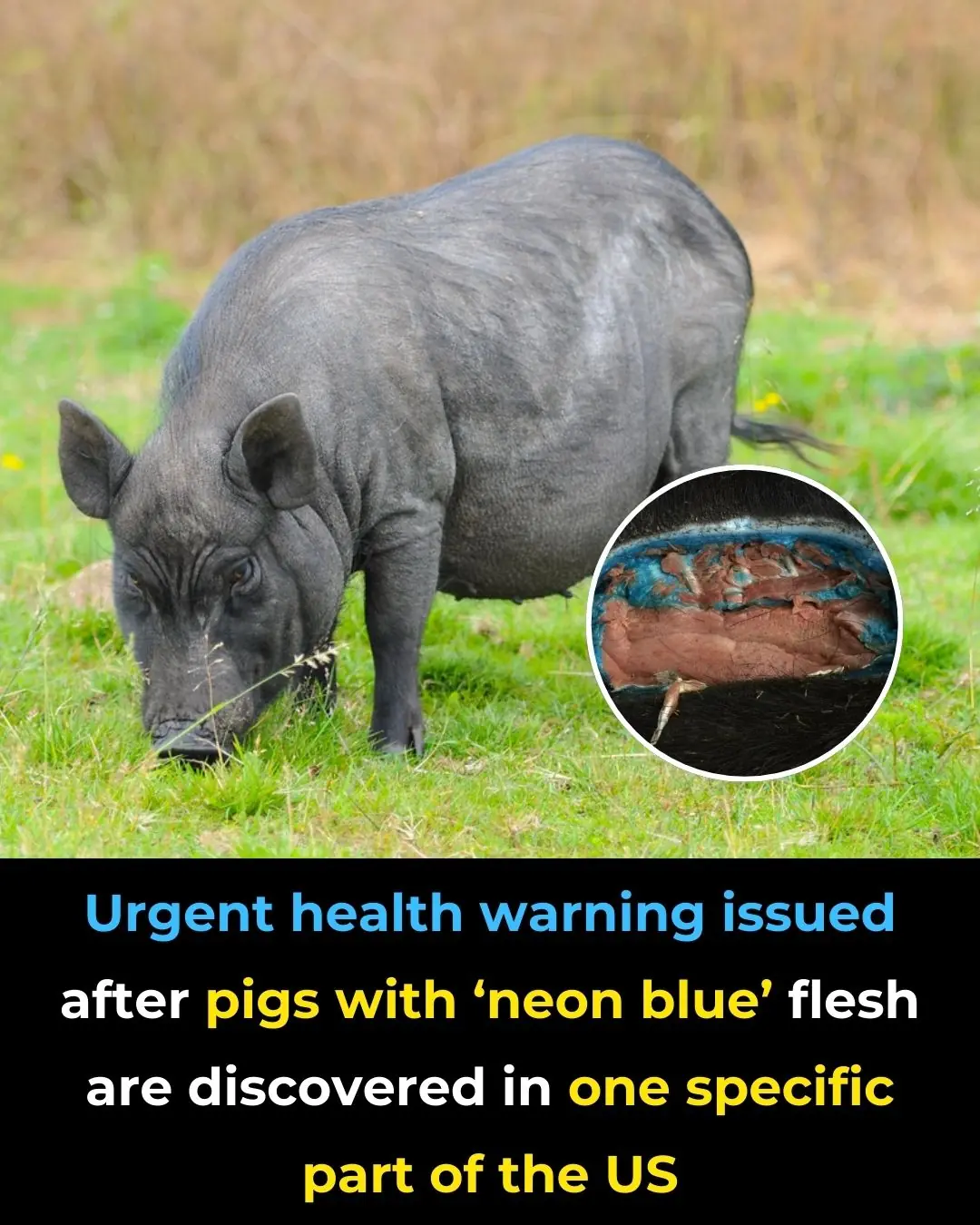
Urgent Health Warning Issued After Pigs With ‘Neon Blue’ Flesh Are Discovered in One Specific Part of the Us

25-Year-Old Groom Dies from Acute Liver Failure After Eating Chicken – Doctors Warn of One Critical Danger!
Doctors caution people with pre-existing liver conditions, weakened immune systems, or chronic illnesses to exercise extra care when handling poultry and other high-risk.

What Your Legs Can’t Say, Your Vagina Can — The Truth About the Female Body Most People Don’t Know
